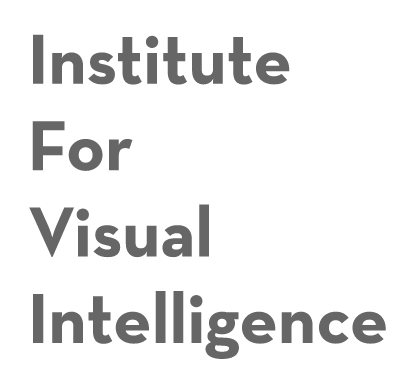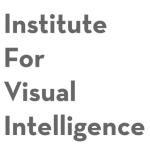
The Second Symposium
We are pleased to report the success of our Second Symposium, a summary of the proceedings for which may be requested by email. The symposium was held at Columbia University, Saturday, March 4, 2017 from 2 to 6 PM.
Northwest Science Building
602 NWC
550 West 120th Street
New York, NY 10027
(at the corner of Broadway & 120th St., and accessible from an entrance on 120th St)
♠ 2nd Symposium Registration ♠
Keynote Speakers:
 Dr. John Morrison, Department of Philosophy at Columbia University/Barnard College
Dr. John Morrison, Department of Philosophy at Columbia University/Barnard College
Professor Morrison is currently working on three projects. The first is about how we manage to perceive secondary qualities, such as redness. He argues that we perceive them in virtue of perceiving the differences and similarities between objects, thereby reversing the traditional order of explanation. He then develops similar explanations of how we perceive objects, kinds, and many primary qualities. The second is about uncertainty and perception. He argues that our perceptual experiences sometimes assign degrees of confidence. Both of these projects draw heavily on empirical psychology, particularly psychophysics and cognitive psychology. The third project is about the foundations of Spinoza’s metaphysics. He hopes to unravel Spinoza’s claims about minds, bodies, God, and their essences.
 Dr. Alexander Todorov, Department of Psychology at Princeton University
Dr. Alexander Todorov, Department of Psychology at Princeton University
Alexander Todorov is a professor in the department of psychology of Princeton University, an associated faculty member of the Princeton Neuroscience Institute, and an affiliated faculty member of the Woodrow Wilson School of Public and International Affairs. He is a recipient of the SAGE Young Scholar Award from the Foundation for Personality and Social Psychology and of Guggenheim Fellowship. His main focus of research is on how we perceive and evaluate faces and objects. The span of his lab research ranges from the social consequences of rapid, initial person impressions to the basic neural mechanisms underlying such impressions. Current major areas of research include computational modeling of social perception of faces, how statistical learning shapes evaluation of faces, and perception and evaluation of novel 3-dimensional objects. His research has been published in many journals, including Science, Nature Human Behavior, and PNAS. His book, Face Value: The Irresistible Influence of First Impressions, is coming out in May.
 Topic: What is a cognitive understanding of visual intelligence?
Topic: What is a cognitive understanding of visual intelligence?
Keywords: analytic philosophy, fine art, intelligence, logic, artificial intelligence, data science & mining, philosophy of mind, epistemology, philosophy of language, grammar, philosophy of games, visual studies, aesthetics, art history & criticism, psychology, philosophy of science.
We would consider papers with parameters of the following:
Philosophy of language, logic, artificial intelligence, aesthetics, analytic philosophy, philosophy of psychology, psychology, visual studies, philosophy of science, data science, philosophy of mind, art history & criticism
Submission deadline: Fri, February 10, 2017. Accepted submissions will be announced before Feb 17.
Length: 500 – 1000 words
How to submit: Please email PDF files to insvi [at] insvi.org
or upload your files at http://insvi.org/submission/


Sorry, the comment form is closed at this time.